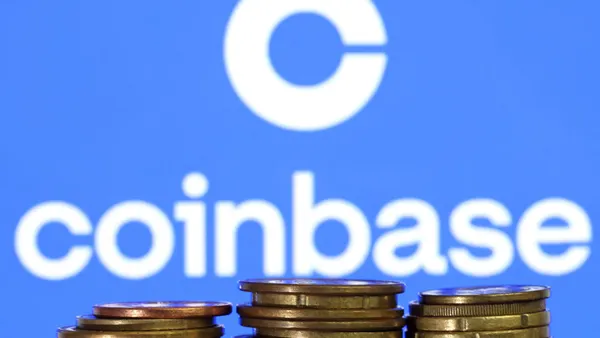Dive Brief:
- Western Union has made an offer to take over MoneyGram, Bloomberg reported, citing an unnamed source. Details of the offer are not public. MoneyGram has not decided how to proceed, but Western Union could attempt an acquisition without a deal, the source said. Representatives from both companies declined to comment to Bloomberg.
-
Money-transfer businesses have struggled in recent years as a greater percentage of remittances are made digitally — either through payment platforms such as PayPal or Square's Cash App, or by remittance-focused startups, which have begun to offer money transfers at a much lower cost than the industry’s standard-bearers.
- The coronavirus, too, has forced senders and recipients to rethink going to brick-and-mortar locations to initiate and complete money transfers involving cash.
Dive Insight:
The Western Union offer comes amid a projection from the World Bank that global remittances could decline 20% this year, according to Yahoo Finance.
The cost of remittances — $6.79, on average, for every $100 sent overseas, according to the World Bank — is yet another hurdle preventing growth in traditional money-transfer businesses. By comparison, the immigrant-focused digital bank Majority offers unlimited remittances to certain countries for the $5 monthly cost of a subscription. The Houston-based startup said it planned to expand that list of countries by 15 this year, including Mexico.
Other startups, such as Remitly, are expanding their toolkit. The Seattle-based remittance company launched a digital bank account, Passbook, in February, and offers a $2-per-remittance discount to customers who send through that feature.
The company last month began partnering with Cross River Bank on an initiative that will let customers receive disbursements in near-real time over international debit card networks.
"That means instead of sending to a cash pickup location or instead of entering in their recipient’s bank account number, they can enter in their recipient's 16-digit debit card number in the country they're sending to, and the funds are available in real time," Remitly CEO Matt Oppenheimer told Banking Dive last month.
Such innovations amid a pandemic reduce the risk of coronavirus transmission because fewer hands will be touching cash.
About 15% of Western Union's revenue came from its digital platform last year, according to Yahoo Finance. The digital share of MoneyGram’s business has grown, too — to 18% in this year’s first quarter.
Oppenheimer said 70% of the world’s remittances are sent to brick-and-mortar locations — which means digital remittance firms are muscling in to take a greater portion of the market. Transactions at Remitly, for example, grew 40% from February to March, a trend that has continued into April and May, Oppenheimer said.
In an effort to grow digitally, MoneyGram partnered last week with Uber to offer discounts for drivers who have seen their business drop during the pandemic.
Advancing noncash transactions is a focus for Western Union, too. CEO Hikmet Ersek told PYMNTS.com in a March interview he wanted to "make digital a strength."
Western Union isn't the first company to show an interest in acquiring Dallas-based MoneyGram. Chinese conglomerate Ant Financial Services Group agreed to buy it in 2017 but abandoned the deal after national security regulators in the U.S. raised concerns.
MoneyGram has about $878 million of debt, according to Bloomberg.












